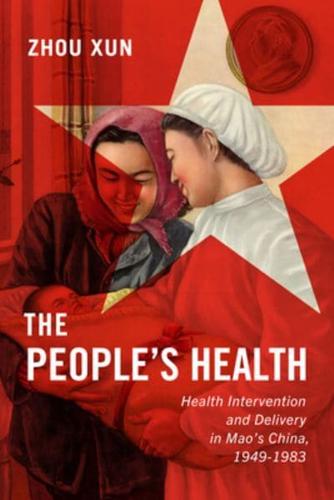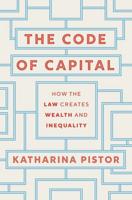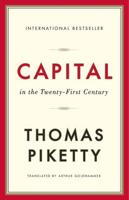Publisher's Synopsis
In 1949, the Communist Party of China pledged that its approach to health care would differ markedly from that of the former Nationalist government and the 'imperialist' West. For the next thirty years under Mao's leadership, the People's Republic of China made improving the health of the entire population a central pillar of its policy. International health stakeholders came to view it as a statistical outlier in its ability to achieve better health outcomes with limited resources.
The People's Health is the first systematic study of health care and medicine in Maoist China. Drawing on hundreds of files from rarely seen party archives and oral testimonies from experts, local cadres, and villagers across China, Zhou Xun shifts her historian's gaze away from official statistics towards the records of local institutions and personal memories that reflect and give voice to lived experiences. Through the everyday interactions of policy makers, national and local administration, and communities, Zhou illustrates the dynamic relationship between politics and health, and between individual lives and the political system. Presenting case studies of the two internationally acclaimed public health initiatives in the PRC - the anti-schistosomiasis campaign and the Barefoot Doctor program - this book offers the first thorough, politically neutral analysis of their background, execution, and national and international repercussions.
Opening a unique window into the lives - and health care - of individuals living under communism, The People's Health examines the links between local interest, cultural sensibilities, resources, and abilities, exploring the often unforeseeable consequences of political planning and social engineering.









